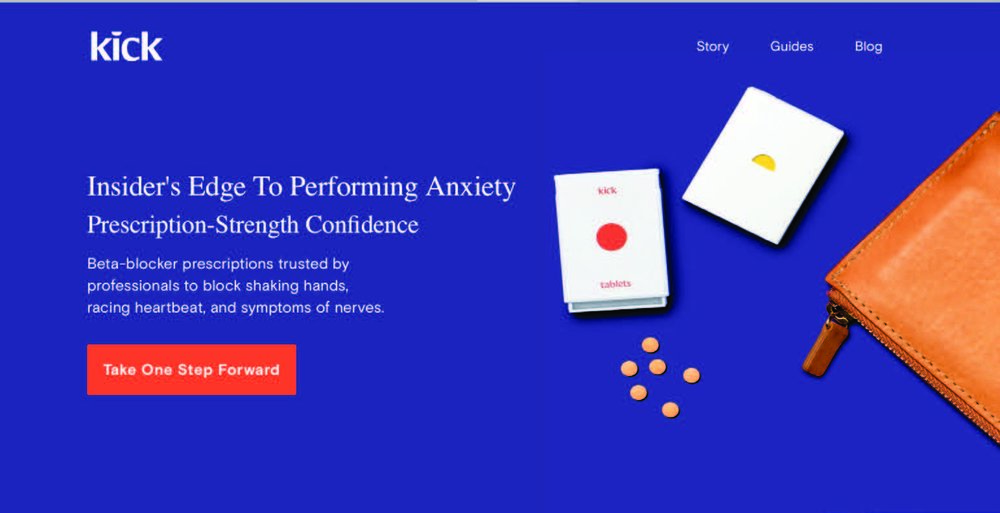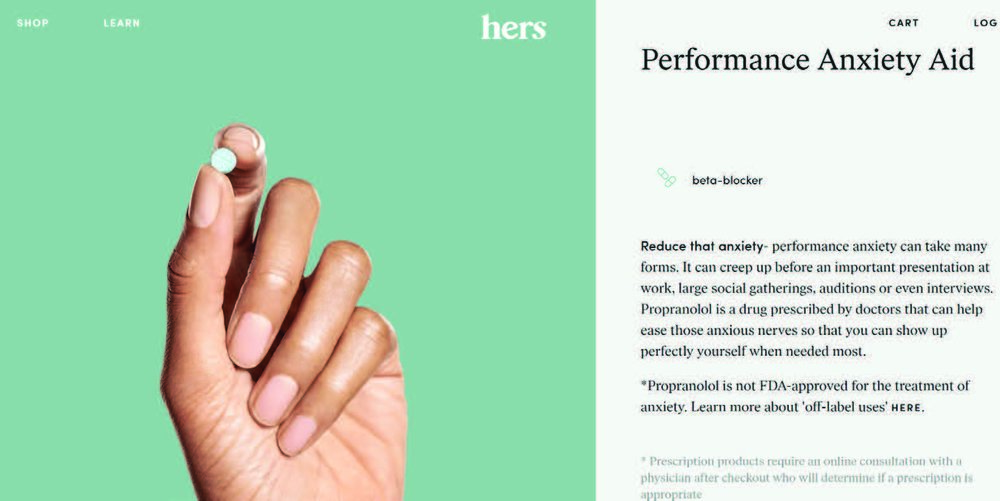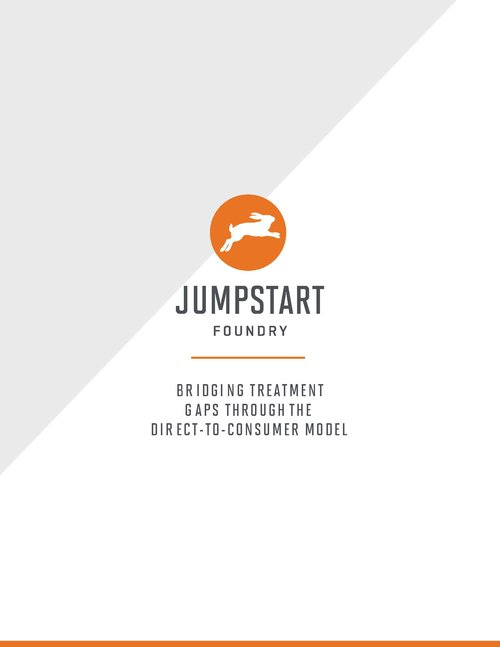It is estimated that between 52-74% of people with mental health disorders do not receive treatment. Could the Direct-to-Consumer model for mental health help change that?
For anxiety specifically, it is thought that only around 20% of people who suffer actually get treatment. In a survey of psychiatrists who treat generalized anxiety disorders, it was revealed that 42% of patients in their treatment suffered for two years before being properly diagnosed.
Contributing to the treatment gap is a large cost barrier with only about 55% of psychiatrists taking insurance. Complicating matters and making more psychiatrists unlikely to take insurance until policy changes, mental health professionals are only reimbursed at about 83% of the rate of primary care doctors for treating the same condition.
Outside of treatment gaps derived from cost, people are foregoing care because of internalized stigma and disclosure concerns.
In a review paper looking at numerous studies investigating the barriers to mental health care, shame and embarrassment were reported as a barrier to care by over 20% of participants, and the fear of confidentiality of the care received was reported as a barrier by almost a third of participants.
Below are two DTC companies who are increasing the access to anti-anxiety medication. What are you thoughts about the line between increasing access and irresponsibility? Comment below.
- Kick Health: Launching it’s beta in early 2019 and based in San Francisco, CA, Kick is allowing those who suffer from anxiety to skip the clinic and have a consultation with a clinic remotely that allows for the prescription and delivery of beta-blockers with prices starting as low as $59 a month.
- Hims: While HIMS is mentioned above in the Erectile Dysfunction category, in late February of 2019, Hims/Hers launched the same DTC services for anxiety by streamlining the process for patients to receive Propranolol, a beta-blocker for $25 a month.
While the above are treating anxiety, does the DTC model work for other mental health complications? While mental health treatment through prescription drugs has a role to play in dealing with mental health complications, there can be a host of side effects and complications from just receiving pharmaceuticals and not coupling that with check-ins with a medical professional. It will be interesting to see the balance of increasing access to care while also making sure providers are appropriately involved in a patient’s care plan going forward.
This blog post is an excerpt from a full-length, “Bridging Treatment Gaps Through the Direct-to-Consumer Model.” You can download the report here.






